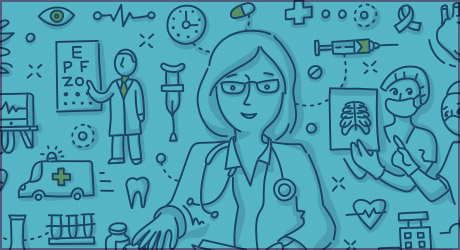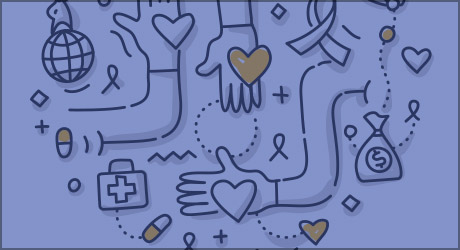
Why Choose Us?
- Accredited Chest Pain Center with PCI by ACC Accreditation Services (American College of Cardiology)
- Joint Commission Advanced Heart Failure Certification
- Tennova Heart is known for its award winning Heart Failure Program, Heart Valve Center, Anticoagulation Clinic and comprehensive diagnostic and noninvasive cardiology services
Our Services Include:
- Advanced diagnostic and imaging technology to find heart disease early, when it's most treatable
- Open heart surgeries including coronary bypass and valve repair
- Transcatheter aortic valve replacement (TAVR)
- Comprehensive heart failure care
- Specialized treatment for heart rhythm disorders (AFib)
- Heart and vascular rehabilitation that combines education, support and exercise therapy
Heart Healthy Resources

A Woman’s Risk for Heart Disease is Different: Here’s What You Need to Know
Heart disease is a big issue in the United States for both men and women alike. But some risk factors are more unique to women.
Read more »

Is High Blood Pressure Considered Heart Disease?
Finding out you have high blood pressure can be worrisome if you aren’t sure what your numbers mean or what to do about them. Discover how high blood pressure affects your heart.
Read more »

How Does Smoking Affect Your Heart?
Smoking’s impact reaches far beyond your lungs, harming nearly every other organ in the body. Get the specifics on how smoking can influence your heart’s health.
Read more »

Why Your Heart Wants You to Pay Attention to Your Cholesterol
Your liver makes cholesterol in your body, but you also get cholesterol from eating certain foods. Find out how the wrong kind of cholesterol can impact your heart.
Read more »